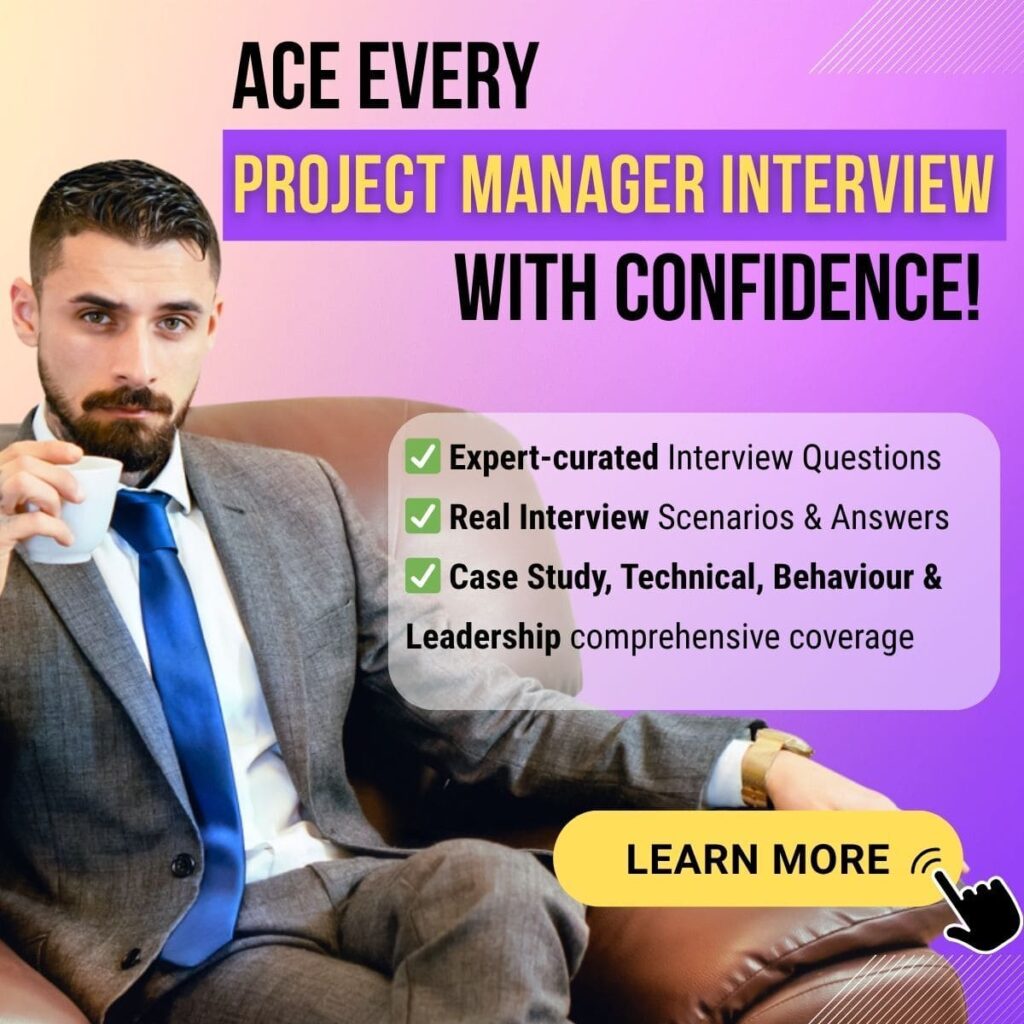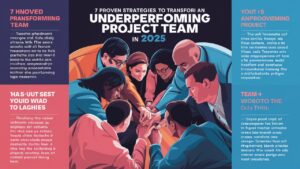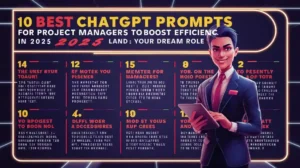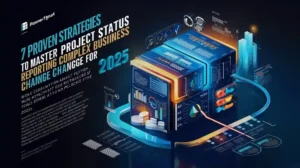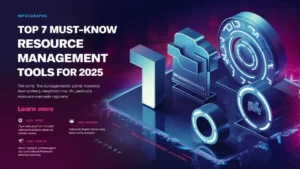In a case based interview, you’ll be asked to reveal your problem-solving skills, your analytical ability, as well as your strategic and logical thinking. These case interviews can also help the interview determine your common sense, creativity, and comfort with ambiguity. At the same time, you’ll gain information about the interviewer’s approach because these cases represent real client projects.
Recruiters will push you to your limits, put you into unnatural situations and force you to think on it. After all, you are a candidate for working with some of the best brains in the industry. You will be tested in multiple interviews, with the smallest details making the difference between advancing to the next round.
Case based interview is designed to find out about the skills that are especially important in management consulting and related fields, i.e. quantitative skills, analytical skills, problem-solving ability, communications skills, creativity, flexibility, the ability to think quickly under pressure, listening skills, business mentality, keen insight, interpersonal skills, the ability to synthesize findings, professional demeanor, and powers of persuasion.
Above all, the firm will be looking for someone who can does the real work when assigned. Management-consulting companies would want to know that you are the kind of person who can make a good impression on their clients.
Rehearse:
Practice extensively before undergoing a case interview. Use books and Web sites in as resources section for practice cases. Some companies that use case interviews provide good information on their own Websites.
Profile Review & Recommendation
Expert-Driven Profile Review &
Recommendations

Let our expert look into your CV, Cover Letter, Naukri & LinkedIn Profile to turn your profile into the top 1% of professional profiles.
INR 1,999
- Naukri Profile Review & Recommendations
- Resume Review and Expert Recommendations
- LinkedIn Profile Review & Recommendations
- Cover Letter Templates Download
- Latest Resume Templates Download
- Personalized, tailored feedback
- ETA: 3- 5 Days
Self-Service Profile
Optimization

Access expert-curated guidelines, sample reviewed files, & step-by-step instructions to optimize your CV, Cover Letter, Naukri & LinkedIn Profile.
INR 499
- Guidelines for Profile Optimization (Resume, Naukri, and LinkedIn)
- Access to Sample Reviewed Files for inspiration
- Step-by-Step Instructions to reframe your profile
- Cover Letter Templates Download
- Latest Resume Templates Download
- Immediate access to the files
Insight:
A business case usually revolves around the estimation of a company’s profitability and investment opportunities. It portraits a business problem that requires solving. Estimation cases show a similar challenge. Here you will need to evaluate the capability and profitability of a certain market or a specific product.
Interrogate:
Ask your interviewer questions in order to clarify the case. This is expected behavior. Make sure you understand what the business model and your objective in the respective case is. If there are any other limitations that you are not aware about, ask your interviewer in a clear way.
Taking wild guesses is a death sentence for your case based interview. Make sure your answers are backed up by the facts and remain calm when presented with new information.
Take notes:
Taking structured notes is a highly underrated skill when dealing with a case. Making sure your notes are relevant and clear will make your thoughts easy to explore and ensure you don’t lose your point during the interview.
Eye contact:
Eye contact will help you engage the interviewer, establish rapport, and contribute to the interactivity of the interview.
Demonstrate your enthusiasm. Behaving as though you feel it’s fun to tackle this kind of problem is integral to showing how well you’d fit in as a consultant or whatever position you’re interviewing for. Assure your interviewer though your enthusiasm.


